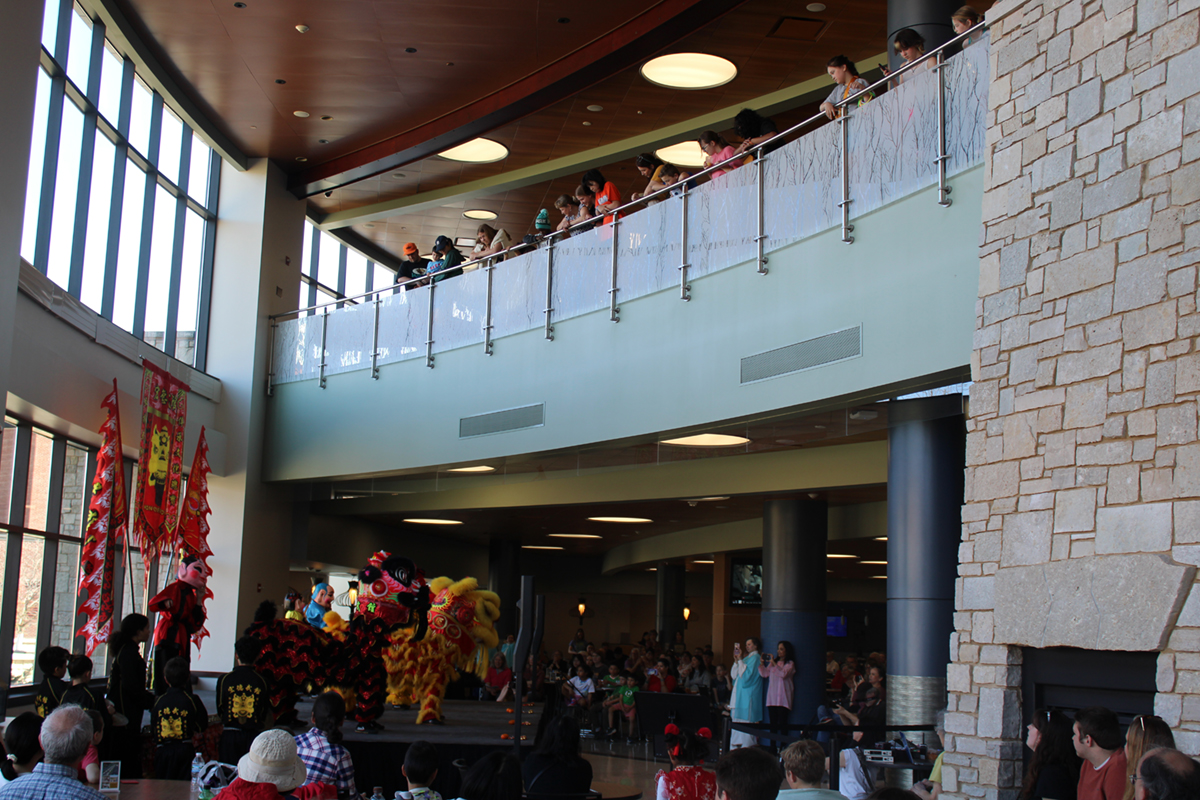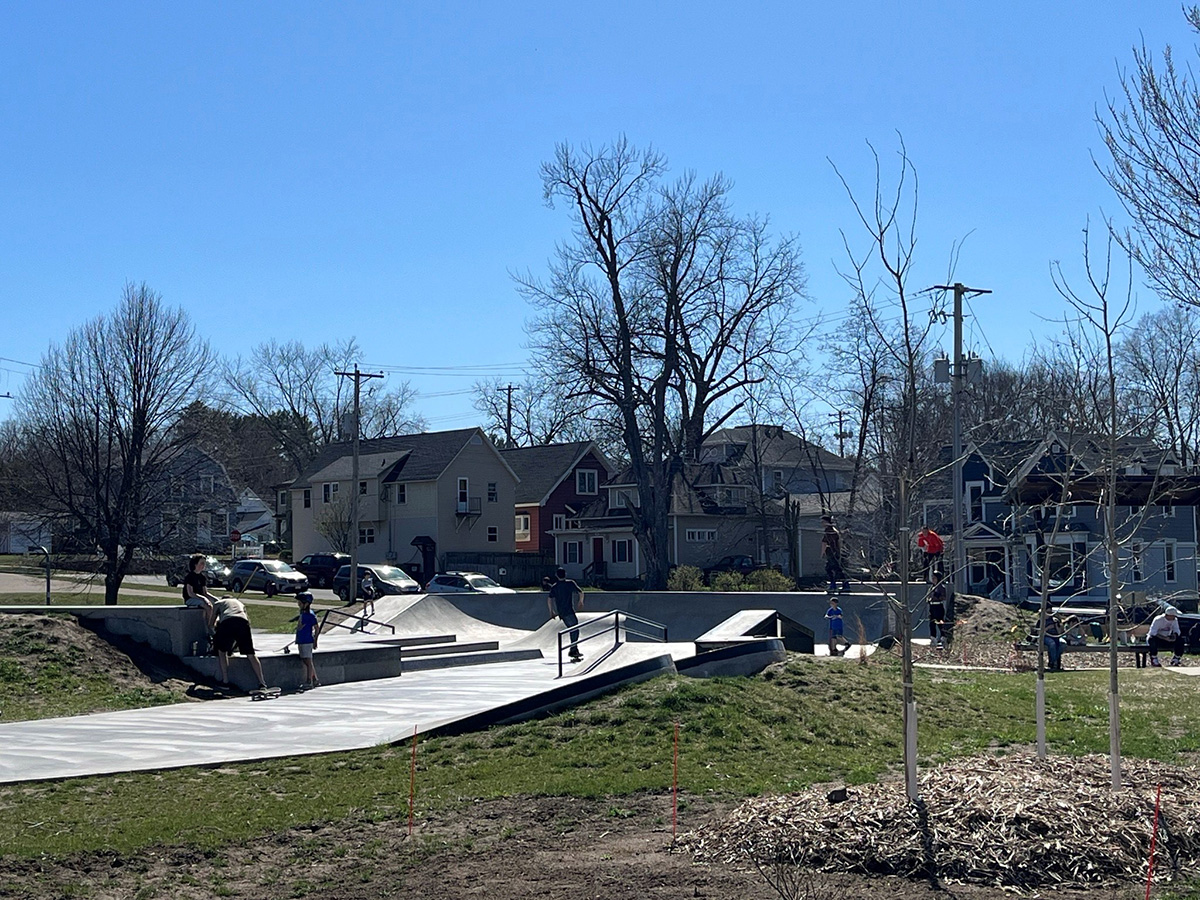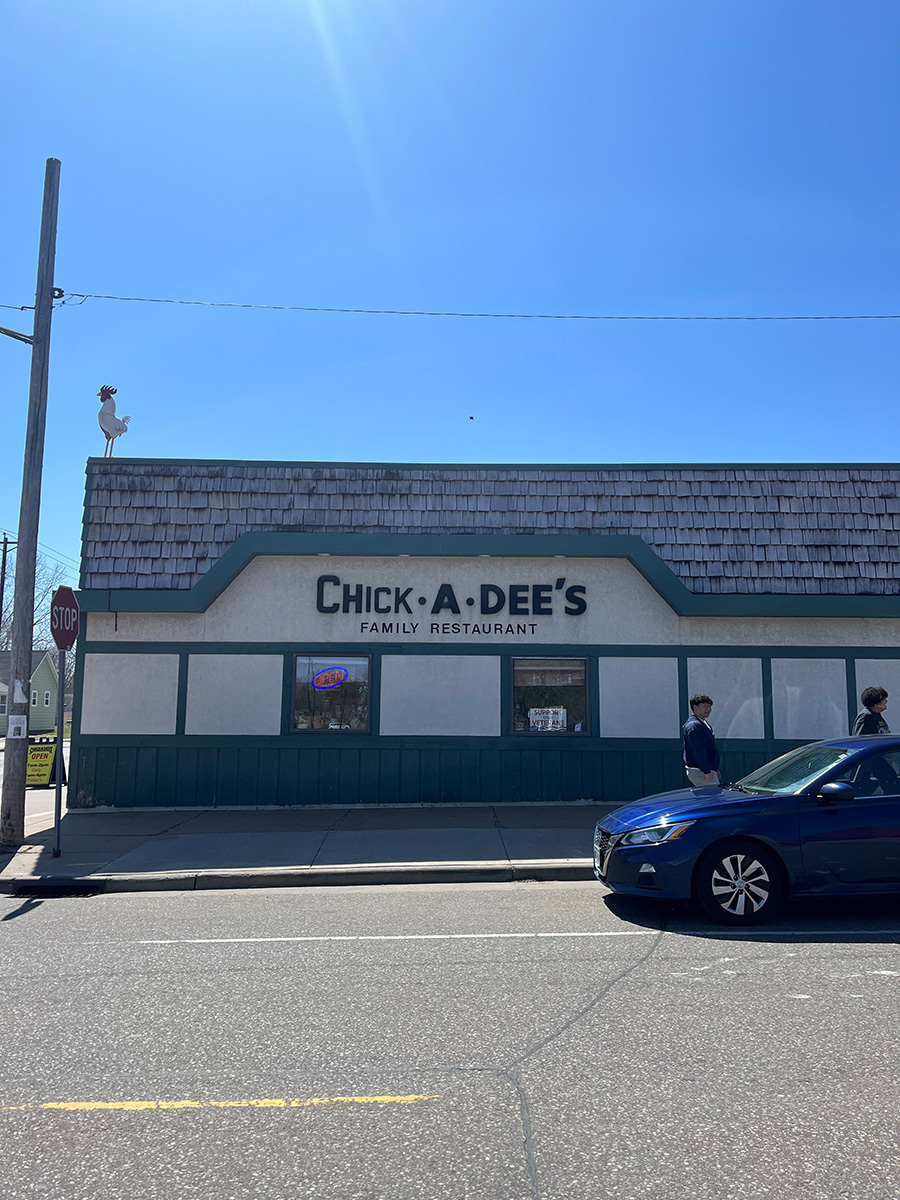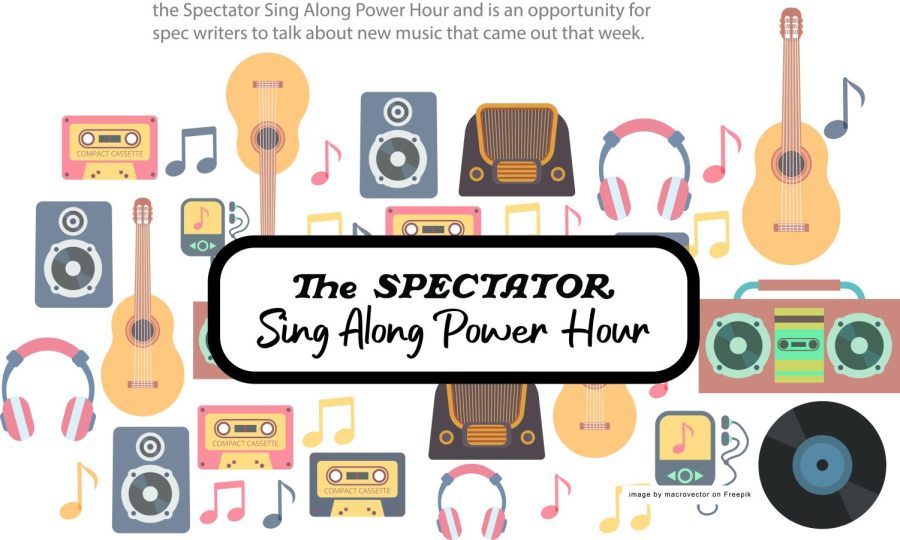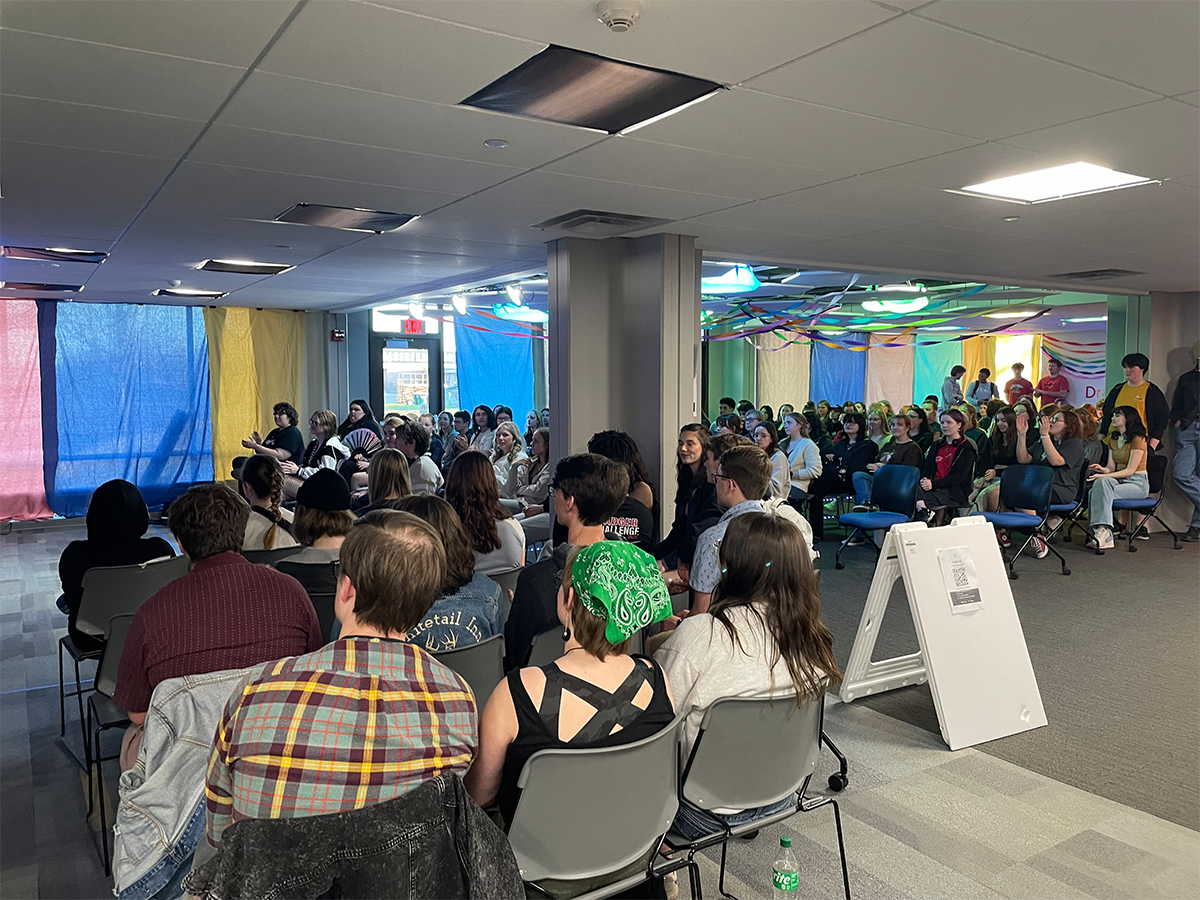As finals week approaches, many students will rely on coffee to keep them awake through study sessions. But how often do they actually think about where their coffee came from or how it’s made?
That’s what UW-Eau Claire alums Aaron Ellringer and Alex Snyder set out to find when they visited coffee bean farms in Comaygua, Honduras earlier this year.
“A dollar is a vote,” Snyder said. “Anyone, students included, need to realize that when you’re purchasing something, you’re not just buying that thing, you’re supporting everything that went into that thing.”
Ellringer said people should think about what they’re putting in their bodies and what they’re supporting with that choice. People make choices that change the world every day.
On their trip to Honduras, Ellringer and Snyder worked closely with the coffee farmers. They joined them on their bike ride up the mountain to the farm, helped them plant and hauled fertilizer.
Ellringer encourages people to think about how much we spend on coffee. On the street, farmers generally get $1 per pound for labor and expenses, Ellringer said. A common price for grocery store coffee is around $8 to $12 per pound. Farmer to Farmer offers contracts for $2.40 to $2.65 per pound in Honduras.
According to some fair trade organizations, a fair price for coffee is $1.40 per pound. These organizations wouldn’t allow children to work on the farms, even though the work they do on the farms is closer to chores than child labor. The environment the coffee was grown in was more like a plantation with hired workers than a small family farm, the organizations said.
The involvement is far beyond contractual. Ellringer said he and Snyder formed relationships with the farmers they visited.
They learned about how the farmers grow their coffee, instead of telling them how to do it. They talked to farmers about their coffee, concerns, and techniques.
One farmer they connected with was Hector. Farmer to Farmer works with Hector’s co-op and was impressed with his experimental and ecologically friendly ways to grow shade-grown coffee.
Jody Slocum, a board member with Farmer to Farmer, hopes the audience learned an important lesson.
“To look beyond these borders and their lives to how other people live and how their food is grown and that their decisions can have an impact on other people’s lives,” Slocum said. “Broaden the horizons of their lives.”
Ellringer thinks the message was simple.
“You can have significant impact with your daily choices of what you drink and what you eat,” he said.
Eau Claire junior Sarah Vowels is very involved with the Latin American studies major. She thinks the presentation was important for Eau Claire students to learn about.
“Everyone buys coffee every day, coffee’s a part of our day,” Vowels said. “We even have coffee that’s supposedly fair trade on campus, but you just really have to go back and get those roots.”

